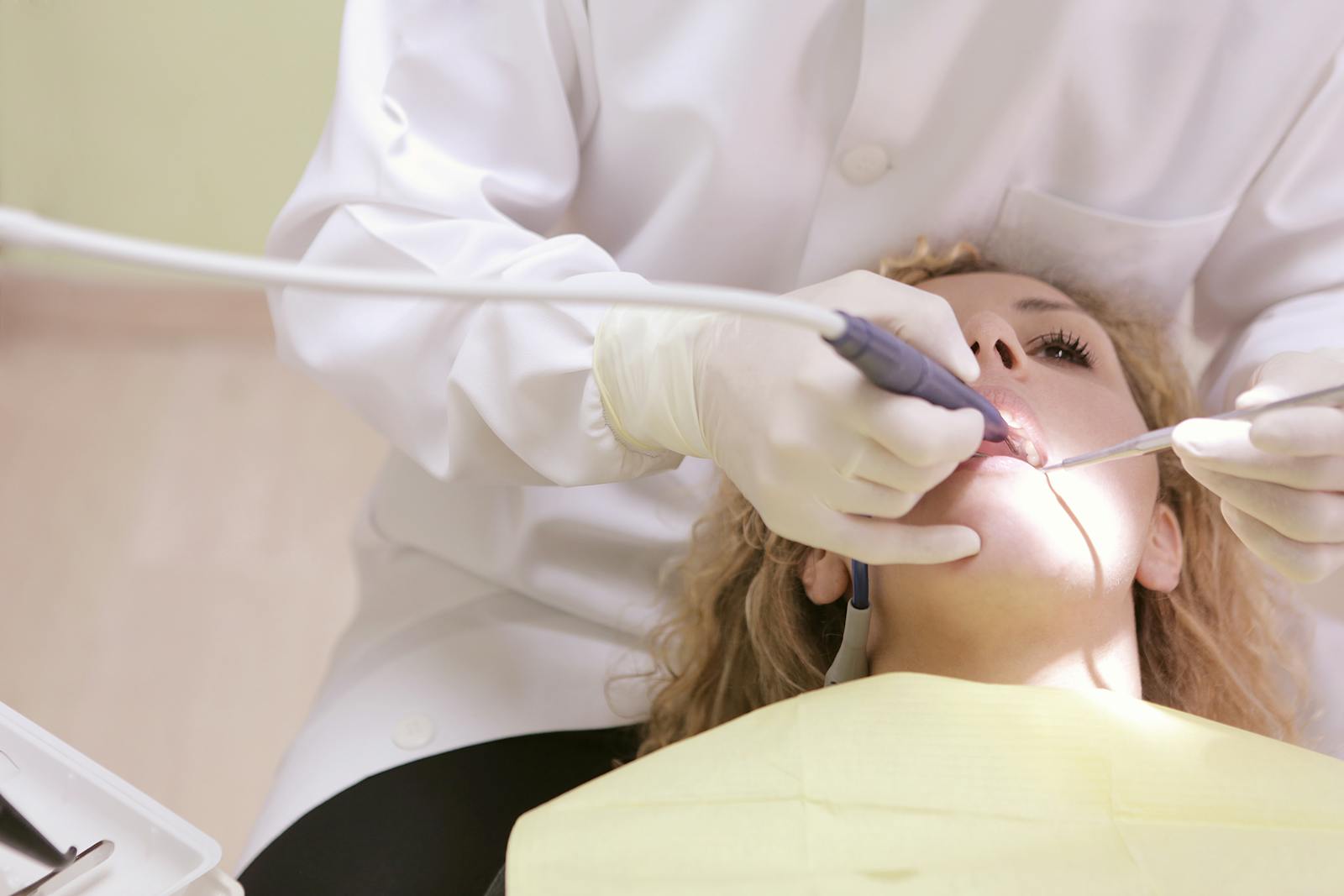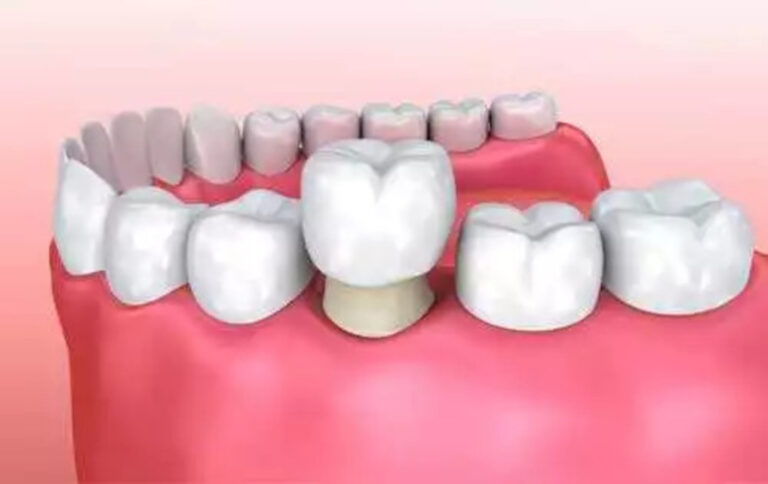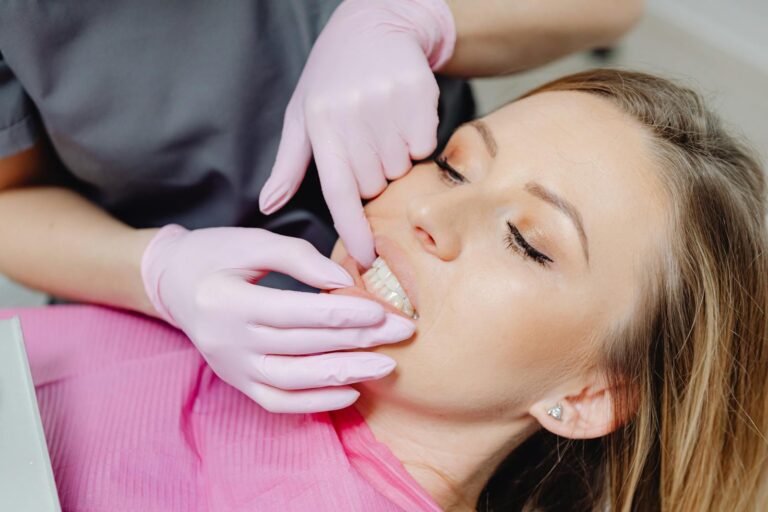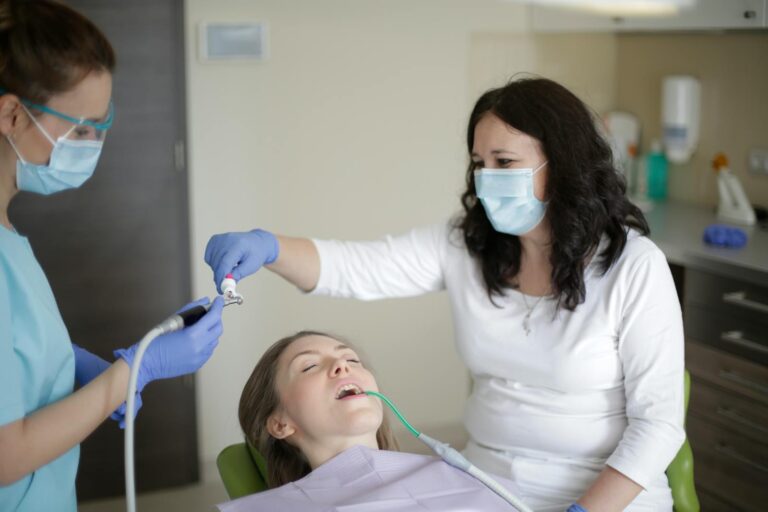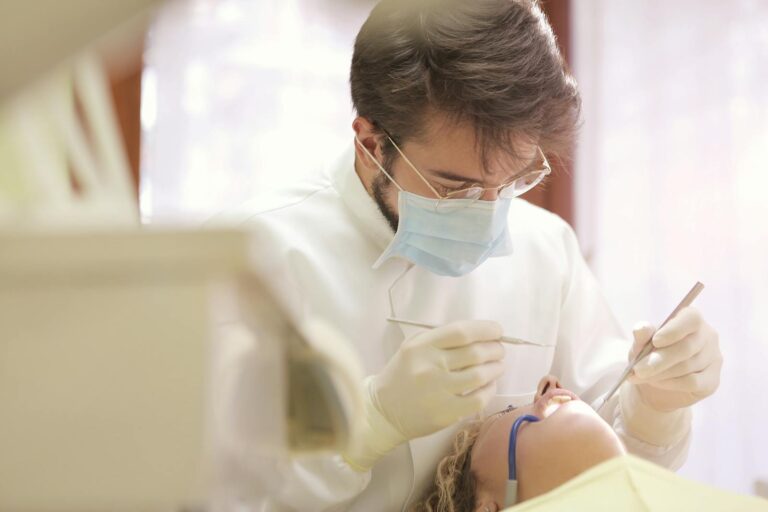How to Reduce Gum Inflammation After Dental Cleaning
You just had your teeth professionally cleaned—your mouth feels fresher, your smile looks brighter, and you’re proud of yourself for getting it done. But then, a few hours later, you notice your gums are a bit swollen or tender. Maybe they’re even bleeding a little when you brush.
Is this normal? And more importantly—what can you do to calm things down?
Here’s what might be going on and how to reduce gum inflammation after a dental cleaning so you can heal quickly and comfortably.
Why Do Gums Get Inflamed After a Cleaning?
Let’s start with the basics: during a dental cleaning, your hygienist removes plaque, tartar, and bacteria that have built up around the teeth and under the gumline. If your gums were already inflamed from gingivitis or if there was a lot of tartar buildup, the cleaning process may irritate those already-sensitive tissues.
In many cases, the inflammation is a sign that your gums are responding to the disruption—and healing.
Other reasons your gums might feel inflamed after cleaning include:
- Deep cleaning (scaling and root planing)
- Aggressive brushing or flossing habits
- Gum recession exposing more sensitive areas
- Increased blood flow to recovering tissues
Now, let’s get into what you can actually do about it.
1. Rinse With Warm Salt Water
Using a warm salt water rinse is a time-tested remedy that’s both gentle and effective for reducing gum inflammation after a dental cleaning. Salt has natural antibacterial and anti-inflammatory properties, which help soothe irritated tissues, minimize swelling, and support the healing process.
To make the rinse, dissolve about half a teaspoon of table salt in a glass of warm (not hot) water. Take a sip and swish it gently around your mouth for 30 seconds, focusing on the areas that feel sore or swollen. Spit it out—don’t swallow it. Repeat this process two to three times a day, particularly after meals and before bedtime.
This simple practice can make a noticeable difference in comfort and healing while keeping the mouth clean without the harshness of alcohol-based mouthwashes.
2. Stick to Soft Foods for a Day or Two
After a dental cleaning—especially a deep one—your gums might feel tender or swollen, and the last thing they need is extra irritation from your meals. Eating soft, easy-to-chew foods gives your gums a chance to recover without additional stress. For the first 24 to 48 hours, focus on nourishing options like blended soups, mashed potatoes, oatmeal, smoothies, scrambled eggs, yogurt, ripe bananas, or steamed vegetables. These foods are not only gentle on the gums but also packed with nutrients that support healing.
On the flip side, steer clear of anything crunchy, sharp, spicy, or acidic—like chips, crusty bread, popcorn, citrus fruits, tomato-based sauces, or hot peppers. These can aggravate the sensitive gum tissue and prolong inflammation. Keeping your meals soft and soothing gives your mouth the break it needs to bounce back comfortably.
3. Brush and Floss Gently (But Don’t Skip It!)
It might seem counterintuitive to brush and floss around gums that feel sore or inflamed, but avoiding oral hygiene can actually delay the healing process. When plaque and bacteria are left undisturbed, they quickly begin to irritate gum tissue all over again, which can prolong swelling or even lead to infection.
The key is to continue your oral care routine with a gentler touch. Use a soft-bristled toothbrush and brush in small, circular motions, focusing especially on the gumline without applying too much pressure. Opt for toothpaste formulated for sensitive gums if needed. When flossing, gently slide the floss between your teeth and curve it around each tooth, avoiding any harsh snapping or jabbing that could further aggravate the area.
Keeping your mouth clean not only speeds up healing but also creates a healthier environment for your gums to recover comfortably and completely.
4. Stay Hydrated
Staying well-hydrated is one of the most underrated ways to support gum health—especially after a dental cleaning. When your mouth becomes dry, saliva production decreases, and that natural defense mechanism against bacteria and inflammation gets compromised. Saliva plays a critical role in maintaining a healthy oral environment by washing away food particles, neutralizing acids, and delivering essential minerals to your teeth and gums.
To keep your gums properly hydrated and aid in their recovery, aim to drink water regularly throughout the day—not just when you feel thirsty. Keep a water bottle nearby and take small sips frequently. You can also chew sugar-free gum to help stimulate saliva flow, especially if you’re prone to dry mouth due to medications or mouth breathing.
Avoid beverages that can contribute to dehydration or irritation, such as alcohol, caffeinated sodas, or overly acidic drinks. The more consistently you hydrate, the more support you give your body in reducing inflammation and speeding up the healing process.
5. Use an Anti-Inflammatory Mouth Rinse (If Recommended)
After a dental cleaning—especially if your gums were already inflamed or bled during the procedure—your dentist may recommend a medicated mouth rinse to reduce bacteria, calm irritated tissues, and support healing. These rinses often contain active ingredients like chlorhexidine, cetylpyridinium chloride, or essential oils that are known for their antimicrobial and anti-inflammatory properties.
When prescribed, it’s important to follow usage instructions carefully. Using these rinses too frequently or for too long—especially those containing chlorhexidine—can lead to temporary side effects like tooth staining, a change in taste, or mild irritation of the oral tissues.
If your dentist doesn’t prescribe a medicated rinse, there are still beneficial over-the-counter options available. Look for alcohol-free mouthwashes formulated with soothing ingredients like aloe vera, chamomile, or tea tree oil. These gentler formulas can provide comfort and promote gum health without causing further irritation. Choose products labeled for sensitive gums or gum care for best results.
6. Manage Discomfort With a Cold Compress or OTC Pain Relief
If you’re experiencing noticeable swelling or soreness in your gums after a dental cleaning, managing that discomfort at home can help ease your recovery. Applying a cold compress or ice pack to the outside of your cheek near the affected area can help reduce inflammation and numb the soreness. Wrap the ice pack in a cloth to protect your skin, and apply it for 10–15 minutes at a time, with short breaks in between.
In addition to cold therapy, you can take over-the-counter pain relievers like ibuprofen or acetaminophen to help relieve discomfort and reduce inflammation from the inside out. Ibuprofen, in particular, is an anti-inflammatory and may be more effective for gum swelling. Always follow the recommended dosage instructions on the label or those provided by your dentist.
Together, these simple measures can offer relief and support your body’s natural healing process during the first few days post-cleaning.
When to Call Your Dentist
Post-cleaning inflammation should improve noticeably within a few days. But if your gums remain swollen, start to throb, or develop pus or a foul odor, that could signal infection or another underlying issue. In those cases, don’t wait—get in touch with your dentist.
Final Thoughts: Some Tenderness Now, Healthier Gums Later
Gum inflammation after a dental cleaning can be annoying—but it’s usually a sign that your gums are waking up and starting to heal. Think of it as your body hitting the reset button on your oral health.
With a little extra care and patience, your gums will bounce back stronger, healthier, and more resistant to future problems.
